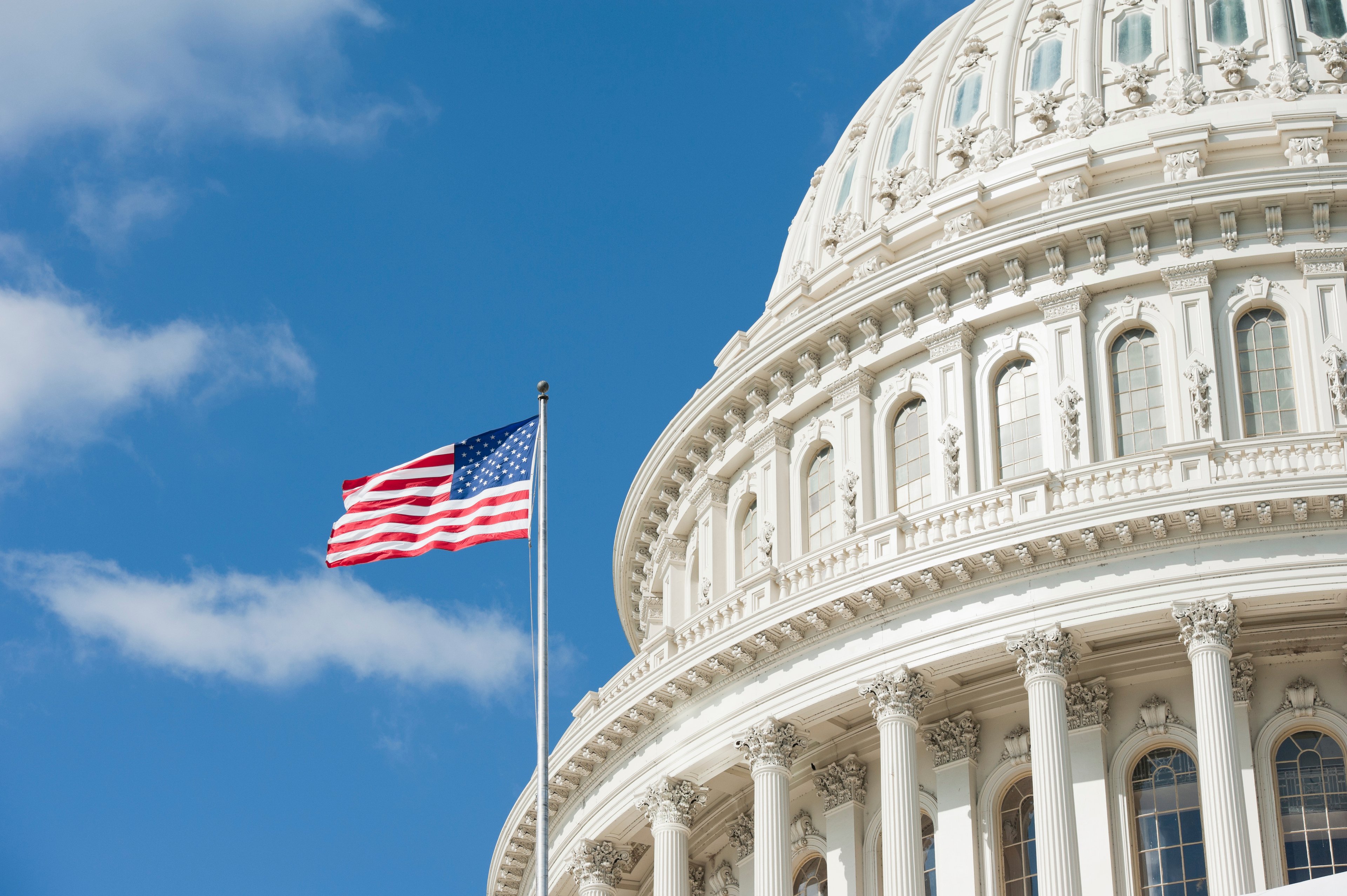The coronavirus pandemic is far from over, and many states that have reopened recently are seeing surges in the number of COVID-19 cases.
A second wave of the pandemic could affect your retirement plans, so it's a good idea to have a strategy in place now for how COVID-19 could influence your senior years. Because Social Security benefits will likely be an integral part of your retirement plan, it's important to make these crucial moves before you retire.

Image source: Getty Images.
1. Rethink how much you'll be able to rely on benefits
In general, Social Security benefits will replace roughly 40% of your pre-retirement income. However, there's a chance that benefits could be reduced within the next decade or so, and a second wave of COVID-19 could make matters worse.
The Social Security Administration (SSA) uses a combination of payroll taxes and money from its trust funds to pay out benefits, but the trust funds are expected to be depleted by 2034, according to the SSA's latest projections. Because payroll taxes alone won't be enough to cover benefits in full, your monthly checks could be reduced by roughly 25%.
Exacerbating the problem is the fact that more than 45 million Americans have lost their jobs at some point during the coronavirus pandemic, and a second wave could trigger another round of mass layoffs. That's a lot of workers no longer paying payroll taxes. As a result, the SSA could have to dip further into its trust funds to pay out benefits, and those funds could run out of money even sooner.
That means benefits could be cut sooner than 2034, and you may not be able to rely on Social Security as much as you think. So it's a good idea to focus on building a healthy retirement fund now, just in case benefits are reduced in the future.
2. Consider what age you should begin claiming
A second wave of COVID-19 could mean more layoffs are coming, and older workers may be particularly vulnerable because it might be tough to find another job later in life. Nobody knows how long this pandemic will last, and if you're already nearing retirement age, you might simply choose to retire early rather than spending months or years looking for another job.
You don't necessarily need to claim benefits as soon as you retire, so it's important to consider what age you should file for Social Security if you end up retiring earlier than you expected.
The earliest you can begin claiming is age 62, but your monthly checks will be reduced for every month you claim before your full retirement age (FRA) -- which is either age 66, 66 and a few months, or 67, depending on the year you were born. If you wait until after your FRA to claim, you'll get an extra 8% per year up to age 70. These adjustments in benefits are permanent, too, so it's not a decision to be made lightly.
If you lose your job and are forced to retire early, you may choose to claim as early as you can to boost your retirement income. Or if you can survive on your savings alone for a few years, you may decide to delay benefits to earn those bigger checks. By coming up with a strategy now, you have time to weigh your options rather than making a last-minute decision if your retirement plans change.
3. Think about how your future benefit amount could change
Not only could early retirement affect what age you should begin claiming benefits, but it can also change how much you're entitled to collect.
Your basic benefit amount -- or the amount you'll receive by claiming at your FRA -- is based on the 35 highest-earning years of your career. The SSA takes an average of your earnings over those years, adjusts it for inflation, and the result is your benefit amount.
If you don't work a full 35 years, you'll receive less in benefits because you'll have zeros added to your average earnings equation. Additionally, if you lose your job later in life and retire early, you could be missing out on the opportunity to add more higher-earning years to your average.
You can check your future benefit amount online by creating a mySocialSecurity account, which can give you a good idea of how much you could receive at your FRA if you were to stop working now. If it's lower than you expected, it's wise to start beefing up your retirement fund or looking for other sources of retirement income.
While the future may be uncertain, that doesn't mean you can't prepare for it as much as possible. By thinking about how a second wave of COVID-19 could affect your Social Security benefits, you can ensure you're as prepared as possible for whatever the future may have in store.





